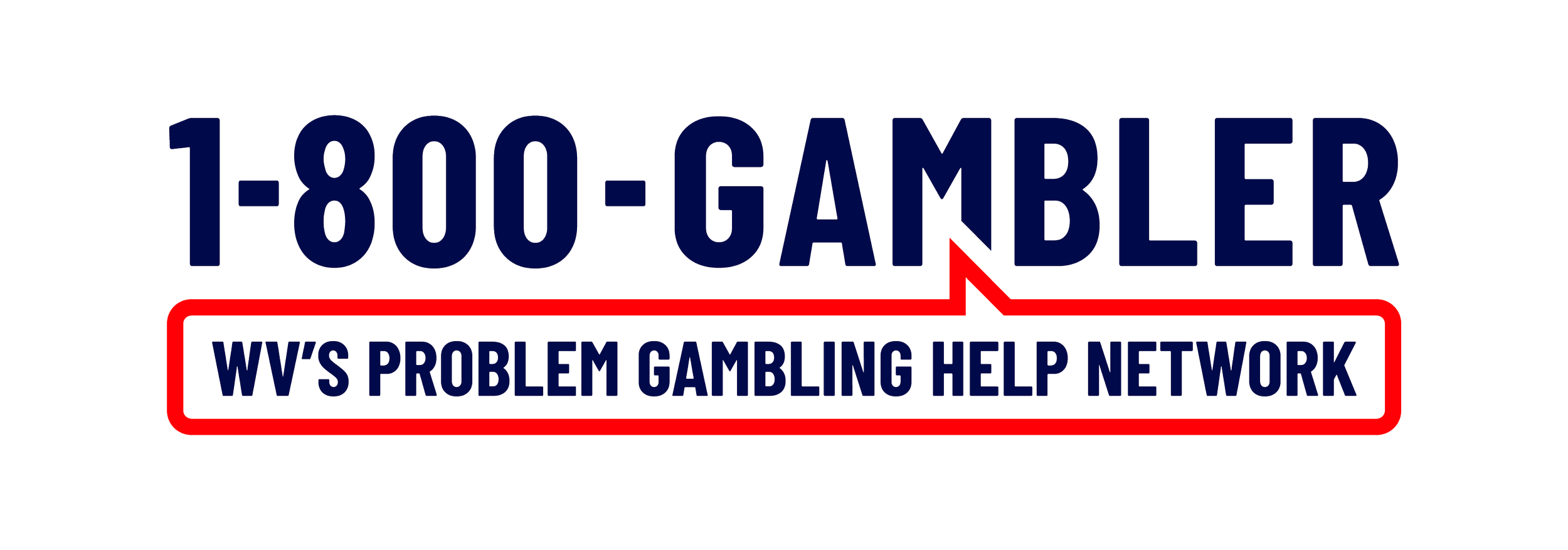Do I have a problem? Take the Quiz here!
According to the American Psychiatric Association’s Diagnostic and Statistical Manual of Mental Disorders (5th ed., 2013), disordered gambling is a behavioral addiction. A gambling disorder is “persistent and recurrent problematic gambling behavior leading to clinically significant impairment or distress” and is diagnosed if the person has four or more of the following in the past year:
Needs to gamble with increasing amounts of money in order to achieve the desired excitement.
Is restless or irritable with attempting to cut down or stop gambling.
Has made repeated unsuccessful efforts to control, cut back or stop gambling.
Is often preoccupied with gambling (e.g., having persistent thoughts of reliving past gambling experiences, handicapping or planning the next venture, thinking of ways to get money with which to gamble).
Often gambles when feeling distressed (e.g., helpless, guilty, anxious, depressed).
After losing money gambling, often returns another day to get even (“chasing” one’s losses).
Lies to conceal the extent of involvement with gambling.
Has jeopardized or lost a significant relationship, job, or educational or career opportunity because of gambling.
Relies on others to provide money or relieve desperate financial situations caused by gambling.
Gambling disorder can range from mild to severe.
Do you know someone who might have a gambling disorder? There is free and confidential help. Contact 1-800-GAMBLER today.
